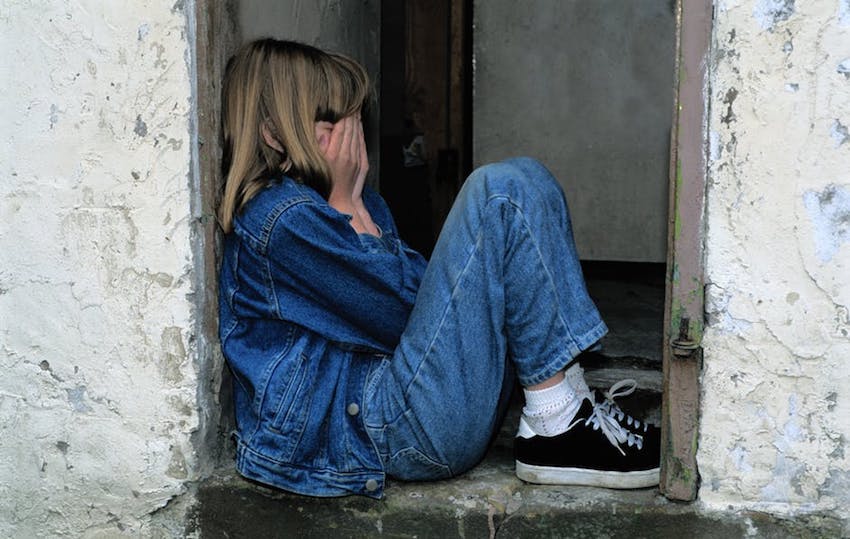

Jersey is a society characterised by social inequality in which reducing young offending can only be fully effective if efforts are made to tackle underlying social causes, a review published today has concluded.
Highlighting the role social disadvantage plays in offending, the Youth Justice Review reveals that professionals contributing to the review have expressed their concern about inequalities in access to both health and education in the island.
The report’s lead author, Professor Jonathan Evans from the University of South Wales, welcomes the fact that the adverse impact of social inequality on children is now being discussed politically in the island.
“Youth justice is not solely about addressing young people’s offending behaviour. It is also concerned with ensuring that support and social justice are brought into the lives of young people who are at a disadvantage,” he says.

Pictured: The report made an explicit link between young offenders and inequality.
Making an explicit link between young offenders and social inequality, the review calls for the creation of a multi-agency Youth Justice Strategy which aims to keep children out of the criminal justice system and, where this is not possible, to ensure that they nonetheless have the right to access the same opportunities as other children.
The review welcomes progress in using youth detention as a last resort but expresses concern that a lack of suitable accommodation means that children can still be held unnecessarily overnight in police cells, or remanded in custody.
And it suggests that under-used facilities at Greenfields Secure Unit could be converted into supported accommodation for offenders on community orders to help address the problem.
It also highlights the fact that under current arrangements young female offenders could still be held in custody with adults. “Although this is a rare occurrence, this is clearly in breach of international conventions,” it notes.
“As a matter of urgency we recommend that a Bail and Accommodation Strategy is developed to ensure children are not subject to the inappropriate deprivation of liberty in police custody and secure accommodation,” the report says.
Pictured: Youth Court hearings are heard in the Magistrate's Court building.
While welcoming the use of Greenfields as a specialist facility in preference to prison, the review draws attention to the fact that there have been occasions where the facility has accommodated only one person with the potential for isolation which this brings. It recommends day-release schemes linked to education to help combat the problem.
The review, which was undertaken as one of the recommendations of the Independent Care Inquiry and follows a 2010 review into youth justice sentencing, was welcomed this morning by the Minister for Children, Senator Sam Mézec, who said: "The review makes a significant number of recommendations that have been accepted in principle by the Council of Ministers. These recommendations are significant and wide-ranging, and bringing them to fruition will require the commitment of time, resources and political will across all parts of the government.”
Making 28 recommendations in all, covering legal changes, the role of the Parish Hall Inquiry, the Court system and training – as well as custody options – the review also considers the issue of the age of criminal responsibility (currently 10 years old).
Although it concludes that the necessary structures are not yet in place for a fundamental re-think of the way that young offenders are dealt with, it recommends that when the age of criminal responsibility (currently 10 years old) is reviewed in 2021, alternative methods are considered at the same time.
“One of the implications of raising the age of criminal responsibility is that young people currently entering the formal criminal justice system will need to be dealt with by Children’s Services, Education and Health. It is entirely feasible to move to a welfare-based Scandinavian style administrative tribunal model or Children’s Hearings system akin to that operating in Scotland,” the review states.

Pictured: Some children are still being held overnight in cells, the review found.
A major strand also concerns additional training to support both the operation of the Parish Hall Inquiry and the Courts.
While recognising that some degree of formality is required in the courtroom, the review recommends that Probation Service should review with the Courts how information about young people and their particular needs can be shared ahead of hearings.
Pictured top: Greenfields Secure Unit.
Comments
Comments on this story express the views of the commentator only, not Bailiwick Publishing. We are unable to guarantee the accuracy of any of those comments.